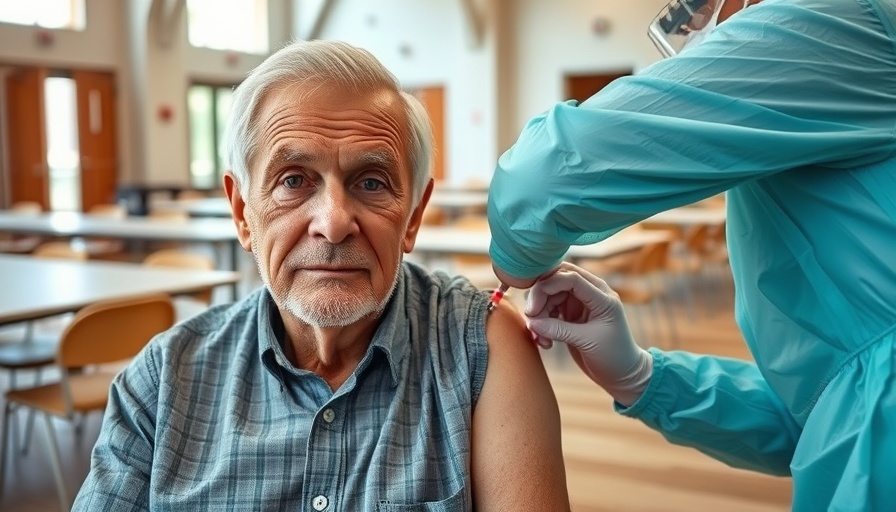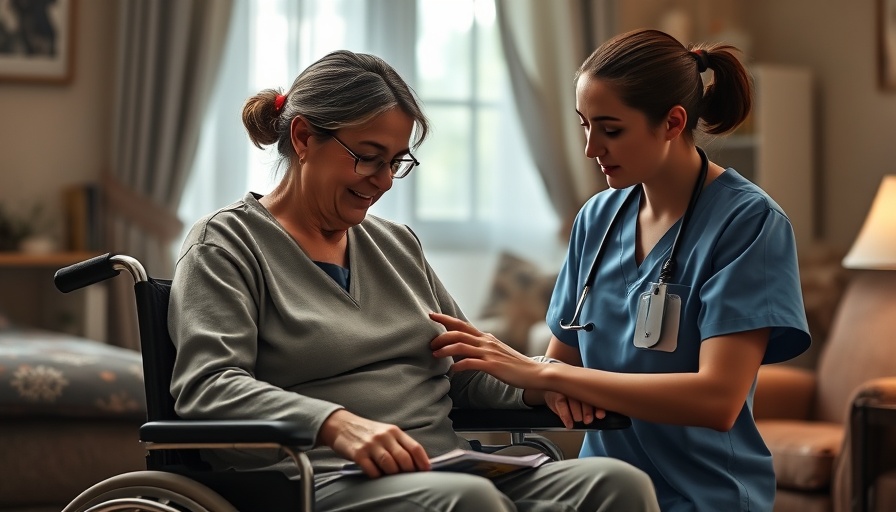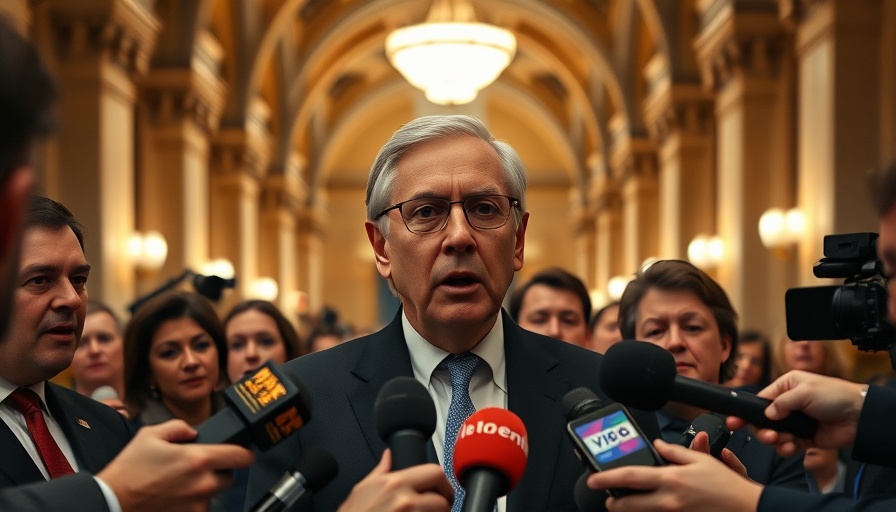
Vaccines: A Lifeline for Older Adults
In recent years, a marked shift has occurred with respect to attitudes among older adults concerning vaccines. Research reveals that individuals aged 65 and above express remarkable confidence in vaccine safety compared to younger age groups. A recent KFF survey indicates that over 80% of seniors feel "very" or "somewhat confident" about vaccines like the MMR, shingles, pneumonia, and flu shots. This statistic highlights a growing awareness and willingness to prioritize health through vaccination.
Personal Stories Fueling Vaccine Confidence
Individuals like Kim Beckham from Victoria, Texas, exemplify this proactive approach. After witnessing the severe repercussions of shingles in her friends, she was eager to receive the shingles vaccine as soon as she turned 60. "I was there when they opened," Beckham recalls, emphasizing the urgency many older individuals feel towards vaccination. Notably, her enthusiasm has led her to explore additional vaccinations, including the pneumonia shot and RSV vaccine.
Similarly, Robin Wolaner, a 71-year-old retired publisher, actively engages her social circle in conversations about vaccine safety. She has been known to send studies and articles to friends showing the benefits of vaccinations, underscoring a shared community responsibility among seniors to encourage one another to stay informed and healthy.
Understanding the Current Vaccine Landscape
The willingness of older adults to embrace vaccines comes at a crucial time, especially with the current political climate surrounding vaccines. Robert F. Kennedy Jr., the nation’s health secretary, has recently made headlines for his skeptical stance on certain vaccines. However, for now, his administration has not posed barriers to vaccine access for seniors, who increasingly recognize their importance.
This demographic is often the hardest hit by serious outcomes from respiratory illnesses and diseases for which vaccines are available. William Schaffner, an infectious diseases specialist, reiterates this sentiment, stating that vaccines significantly reduce the likelihood of hospitalization and severe illness in seniors. The introduction of enhanced flu vaccines solely designed for those over 65 marks a progression in addressing their specific health needs.
The Benefits of Current Research and Developments
New research illuminates the benefits of modern vaccines, revealing enhancements like higher antigen levels or adjuvants that boost immune response. This scientific backing solidifies the confidence many older adults find in staying updated with recommended vaccinations. For example, the CDC has approved various enhanced flu vaccines for older populations, directly targeting their weakened immune systems and lowering their risk of hospitalization caused by influenza.
Empowering Seniors Through Vaccine Awareness
Cultural attitudes towards health and wellness are also a critical aspect of this narrative. The ongoing conversation around vaccines, particularly within older communities, can break through misconceptions and fears that perpetuate hesitance. By sharing personal experiences and reliable information, seniors foster a more informed public discussion about vaccines.
Concluding Thoughts: The Importance of Staying Informed
Understanding the significance of vaccination—especially within the older population—is vital not only for their health but for community well-being as a whole. As more researches validate the efficacy and safety of vaccines, it becomes essential for older adults to continue seeking information and advocating for their health. This collective confidence can lead to a healthier future for all generations.
If you’re interested in staying updated on health-related advancements and news impacting the community, ensure you follow reliable news sources that provide accurate and up-to-date information.
 Add Row
Add Row  Add
Add 




 Add Row
Add Row  Add
Add 

Write A Comment